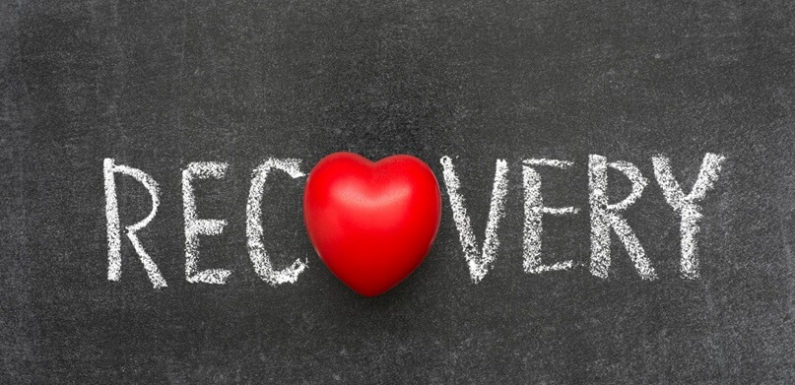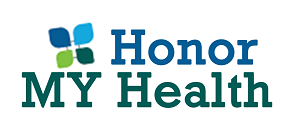
Drug and alcohol addiction is a tough thing to deal with. There are many people who have been trying to quit for years but just can’t seem to do it. The right treatment plan and Stress Management Course for Leaders could be the answer that you’ve been looking for! In this post, we will discuss the 4 stages of drug and alcohol rehab recovery:
1. Treatment Initiation-
Detoxification is the first step addicts must take before entering rehab. It’s at this point that the addict begins to withdraw from drugs or alcohol and flush their system of these toxins. The primary reason for detoxing is so the addiction can be treated properly in the next stages of rehabilitation, without any interference caused by drug abuse or withdrawal symptoms. During this time, recovering addicts may experience a range of symptoms, including:
– Flu-like symptoms such as headaches, sweats, and fatigue. They may also feel nauseous or vomit due to withdrawal from alcohol or drugs.
– Inability to focus on anything but the physical sensations they are experiencing.
– Inability to sleep.
– Severe cravings.
– Depression and anxiety.
At this point, addicts should be medically monitored by a doctor to ensure all symptoms are being experienced safely, as many of these symptoms can go on for days or weeks after detoxing from drugs or alcohol without medical supervision. The first step in recovery is always the hardest, but it is also the most important step. The same follows for a private alcohol rehab.
2. Early Abstinence
Once an addict has detoxed, they are usually in what is referred to as the ‘early abstinence phase.’ During this phase of addiction recovery, addicts are overcoming their drug or alcohol cravings while learning about their issues and triggers that led to abuse. This stage of recovery is vital because it’s the time addicts begin to learn how to deal with life without drugs or alcohol. It’s also important because successfully coping with triggers during early Abstinence can lead to long-term success in recovery. While dealing with withdrawal symptoms, addicts will receive therapy and counseling, which includes stress management techniques that are tailored specifically for them. If there have been other underlying issues, such as a mental health disorder or a learning disability, these will also be treated.
This is a very vulnerable time for recovering addicts, and relapse is common. It’s crucial that family members and friends do not enable the addict by helping them obtain drugs or alcohol in any way. Supporting their commitment to early Abstinence can help to prevent relapse during this crucial time.
You may also like: Basic Guide to Starting a Rehab/Treatment Center.
3. Maintaining Abstinence
Once the early abstinence phase is completed, addicts are usually in stage 3 of addiction recovery, which is maintaining Abstinence. During this time, people learn how to manage their triggers and cravings while avoiding relapse whenever possible. Recovering addicts must work continually on maintaining Abstinence because the longer they avoid relapse, the more confident and committed they become in their ability to maintain sobriety. However, with most addictions’ relapses are inevitable. Relapses early in recovery are most often caused by the addict not fully understanding their triggers and cravings or due to stress or negative feelings. Addicts must learn how to deal with these issues if they want to avoid relapse during this stage of addiction recovery.
4. Recovery
The final stage of drug and alcohol rehab recovery. In this stage, addicts have learned how to live a life of sobriety and maintain Abstinence on a daily basis. They practice recovery on a day-to-day basis while learning from their mistakes whenever relapse occurs. Recovery involves developing coping skills that help to recover addicts deal with stress and cravings in positive ways. This is usually done through support groups and group therapies, as well as attending life skills classes. Recovery is often a difficult and frustrating process for addicts. But through patience and determination, they can learn to live a new life free of addiction and triggers.
For many people, it takes more than one tries before they succeed in recovery from drug or alcohol addiction. The important thing is that addicts never give up hope and don’t stop trying to achieve long-term sobriety. No one can force them into recovery but themselves; however, the right addiction rehab center and support groups can be a helpful tool in achieving lifelong Abstinence from drugs and alcohol.
As you can see, drug abuse treatment is not as simple as quitting ‘cold turkey. The 4 stages of drug rehab recovery are the foundation for success in addiction treatment. However, it’s not easy to recover from drug or alcohol abuse, but plenty of resources are available to help addicts achieve long-term sobriety.

